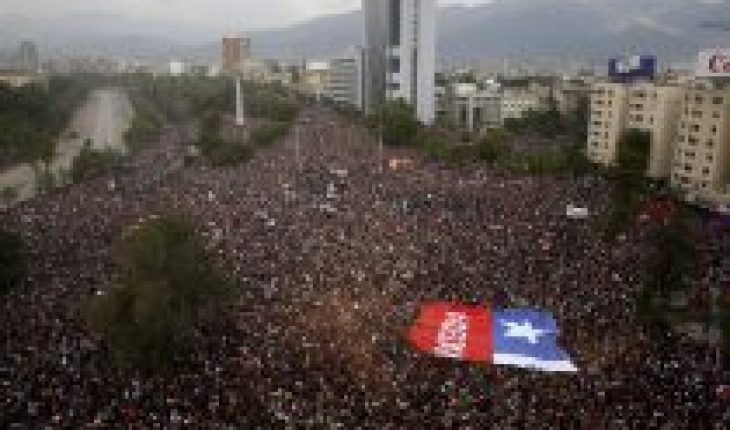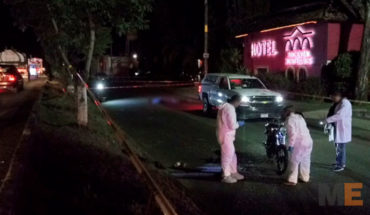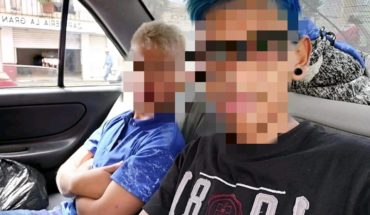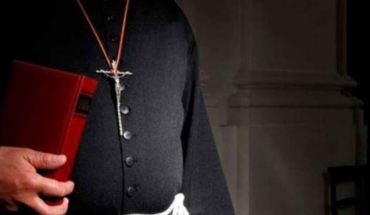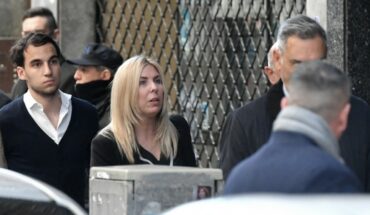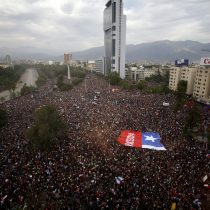
In a certain country, violence, social protest, strikes and a serious political and moral breakdown that endangered the nation had become widespread. To make matters worse, years earlier, an earthquake struck a significant part of its territory and a pandemic caused between 50 and 100 million deaths worldwide. In the country alone, about 50 thousand people died.
The abysmal performance of the political class caused him enormous disrepute. There was talk of a class without values and without morals. One of its members wondered what we have done wrong to drag the country into this situation? In turn, a worker wondered, have I ever had the quality of life that a few enjoyed?
The students joined the workers, took to the streets and were victims of repression. Some lost their lives, others were left with sequelae for the rest of their days. The country’s most important ancestral people also raised their voices to reveal the abuses and injustices being committed on their territory. Many writers denounced what was happening not only with that people, but with the rest of the population, giving an account of a situation that was not foreseen in previous years, when that country was an example among its neighbors. This turbulence also affected the economy. In the midst of this situation, a politician who rose to power offered “better times” that ended in worse times and his absolute discredit. With difficulty he managed to stay in command of the country.
Thought was then given to a new Constitution, a kind of new social pact drawn up by a Constituent Assembly elected by the citizens. The Constituent Assembly’s proposal did not succeed, although the new Fundamental Charter was drafted, drawn up by a smaller group made up of representatives of the same groups that had dragged the country into crisis.
If up to this point the reader presumes that I mean Chile, he is right; but, if you think it’s the Chile of 2021, you’re wrong. I am simply commenting on what happened in the 1920s, a century ago.
The violence had begun earlier and lasted until 1925. First in Valparaíso, then in Santiago, Punta Arenas, Antofagasta, on the fateful December 21, 1907 in Iquique, in Loncoche, in La Coruña and San Gregorio. Hundreds of workers lost their lives. The worker who raised his voice was Luis Emilio Recabarren. In 1906 there was the Valparaíso earthquake, which caused enormous damage to the central region. An epidemic as serious as COVID broke out in 1918, the so-called “Spanish fever”, which spread throughout the world and also to Chile. The President who promised better times was Don Arturo Alessandri Palma, and the new Constitution, that of 1925. Among those who denounced what was happening in the country I can not fail to mention Gabriela, poet of all times, novelists such as Augusto D’Halmar, and essayists such as Vicente Huidobro, who left invaluable testimonies.
And here a question arises, does it make sense to change the teaching of history for citizen training? The first aims to make students reflect to avoid repeating the mistakes of the past; citizen training, on the other hand, seeks to submit to the rules imposed by those who designed it. The moral is picked up by a poet and philosopher: “Every people who do not know their history is condemned to repeat it.”
Jorge Pinto Rodríguez, Instituto Ta Iñ Pewam, Universidad Católica de Temuco
The content of this opinion column is the sole responsibility of its author, and does not necessarily reflect the editorial line or position of El Mostrador.

